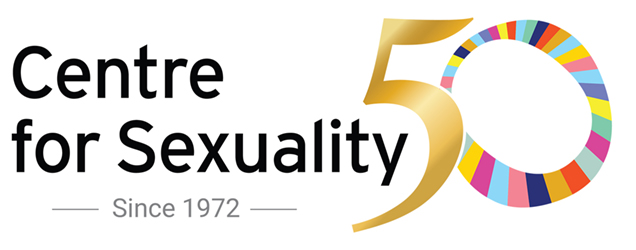At CSHC, we recognize that sexuality is integral to human development across the lifespan. Daily, we work towards our vision: “A society where sexuality, in all its dimensions, is considered a normal and healthy expression of life and everyone has the right and the ability to make informed choices to achieve sexual well-being.”
This includes people with chronic illness – such as hemophilia.
According to an article by K. L. Parish of the Hemophilia Foundation of Southern California, “As an integral part of the ‘whole person’ with hemophilia, sexuality needs to be considered and understood by those providing the healthcare, in order for them to be available, effective, and comprehensive in bringing about meaningful positive outcomes.”
She points to the biopsychosocial model of medical care for chronic illnesses and the comprehensive care model for hemophilia that consider the interdependence of all aspects of a person: physical, social and psychological. For example:
-
pain can interfere with desire and ability to engage in sex, but sexual behavior may help reduce pain
-
frequent hospital visits can cause separations from partner
-
medications can cause fatigue or body changes
-
poor judgment can contribute to poor decision-making under pressure (and failure to use a condom)
These examples demonstrate how sexuality cannot be separated from the experience of hemophilia, its symptoms, complications and treatments.
Despite its importance, there is a lack of literature concerning sexuality and chronic illness – which begs some important questions: Are these connections not being made with people with hemophilia? How do we begin to have these important conversations? Who needs to be involved? How do we get over the barriers that exist?
Just beginning the conversation lets the person know that sexuality can be talked about and that you as a service provider or parent can be trusted.
As Parish proclaims, “Sexuality has a valid place in comprehensive care for hemophilia. Discussions with health care providers about sexuality offer people with hemophilia an opportunity to be understood and supported in their quest for resolutions and fulfillment.”

